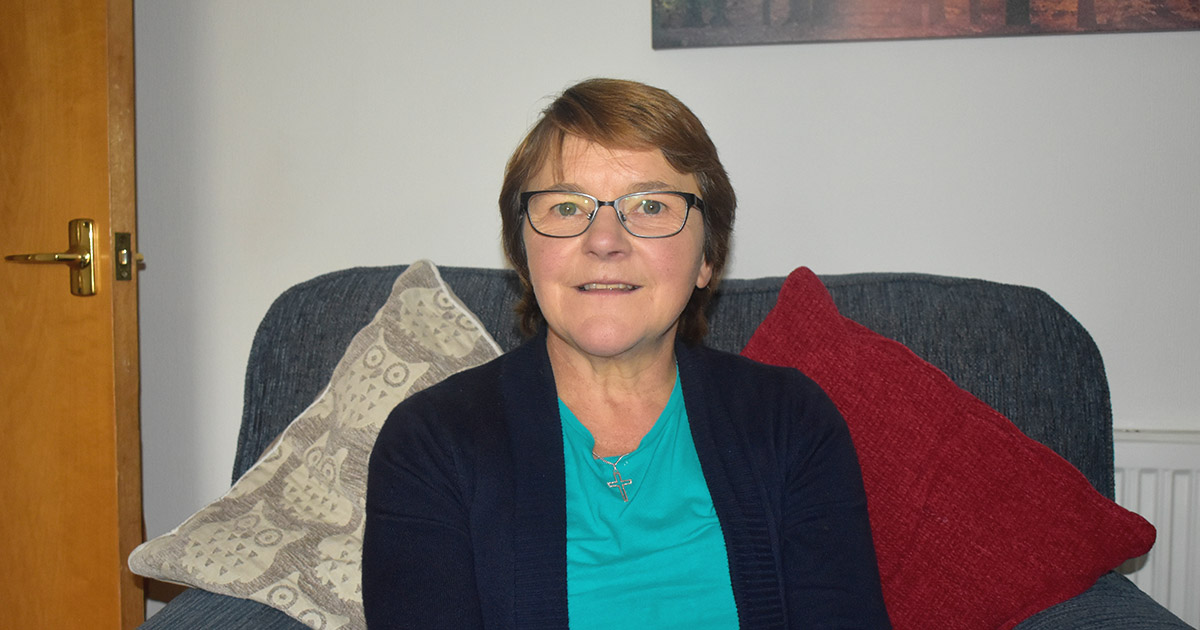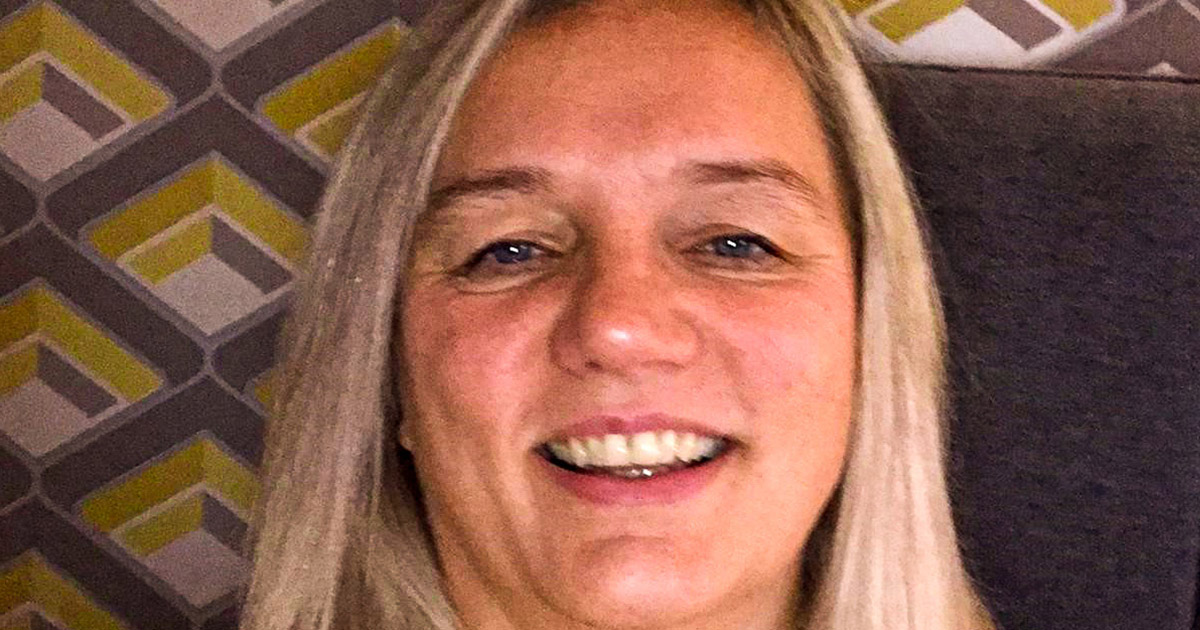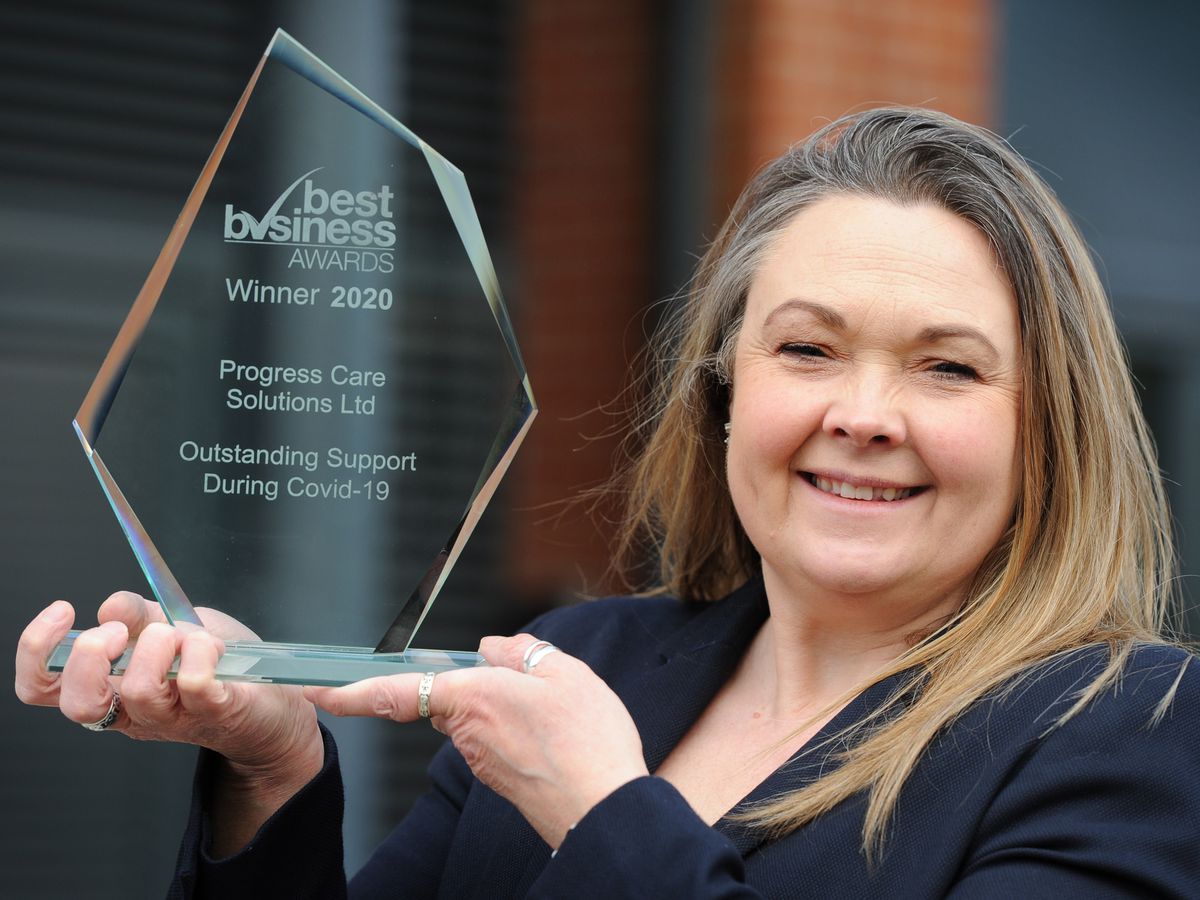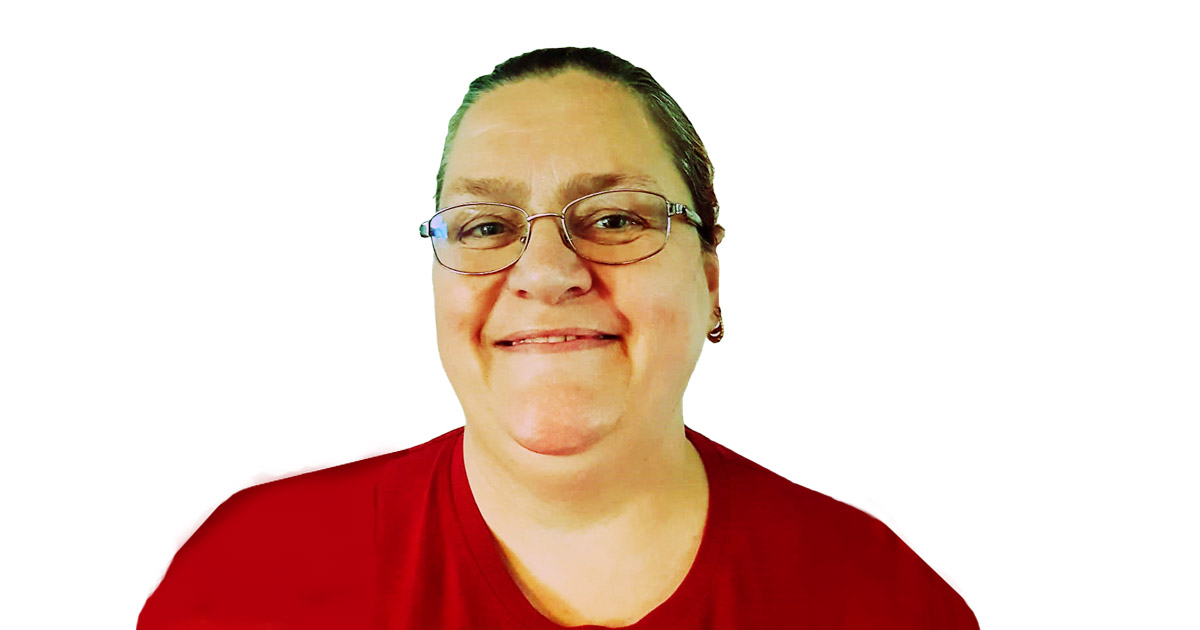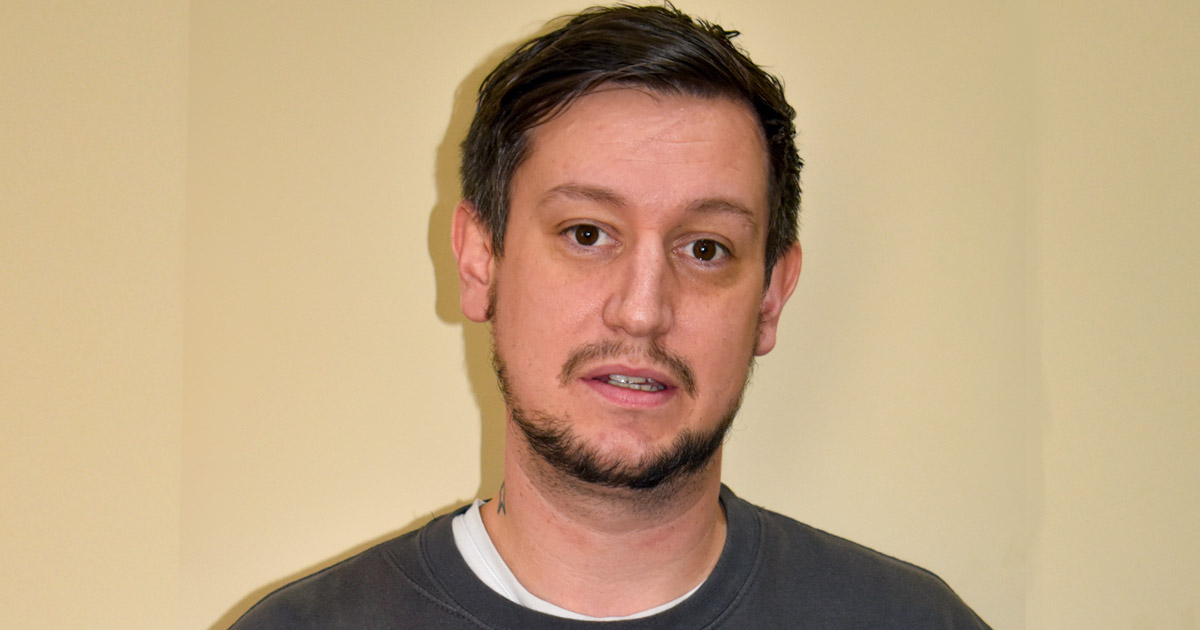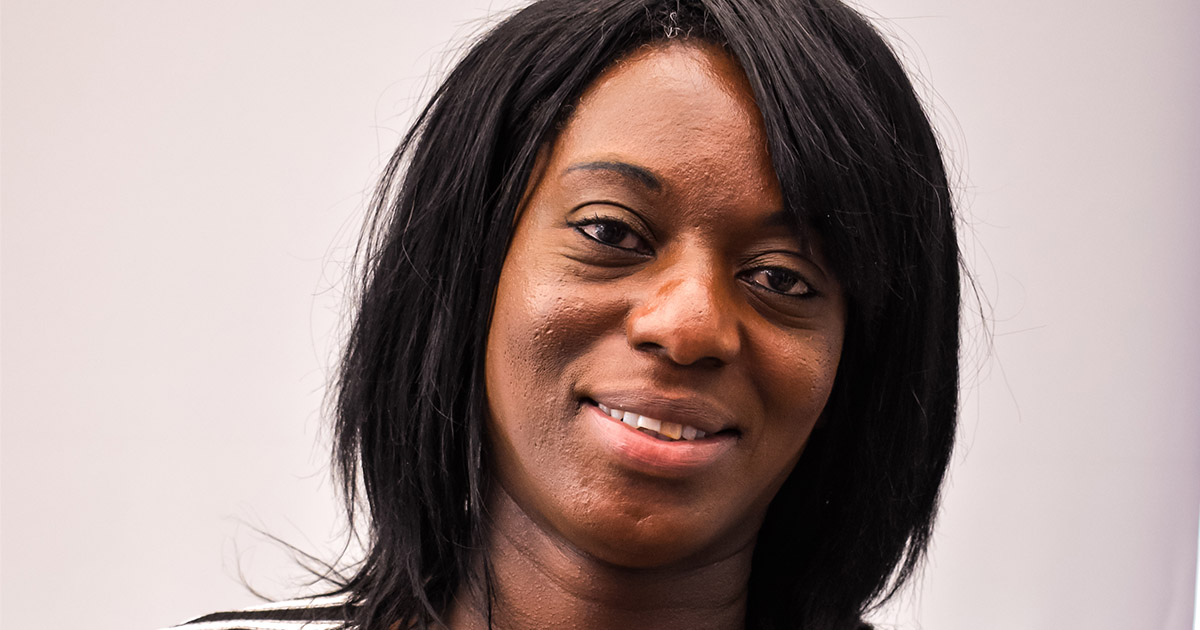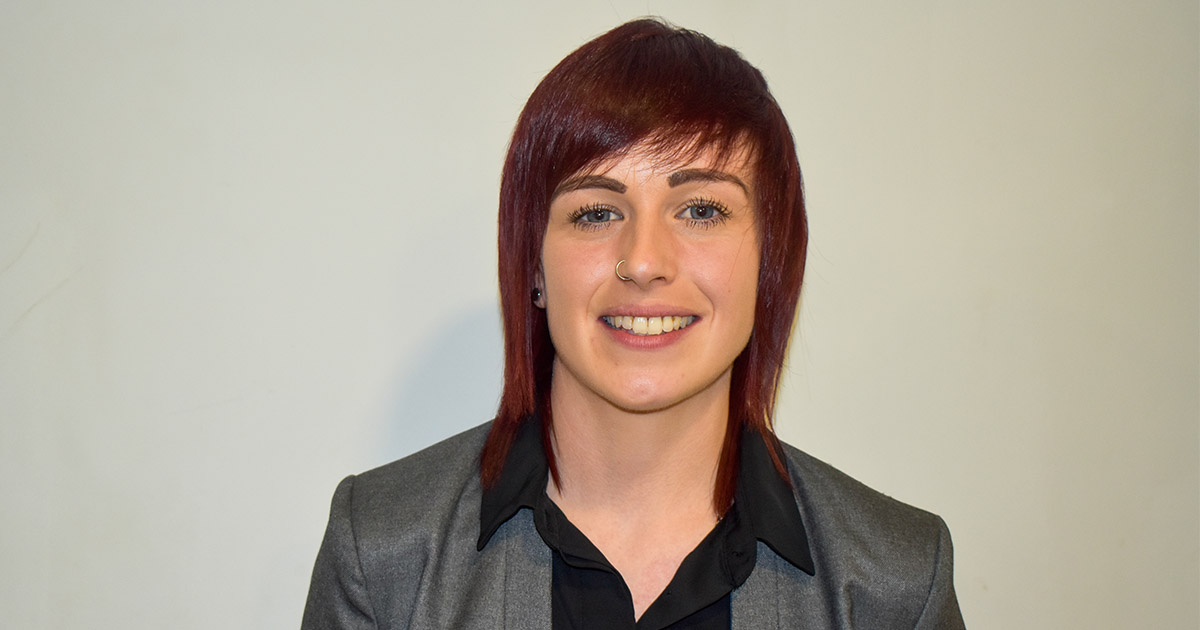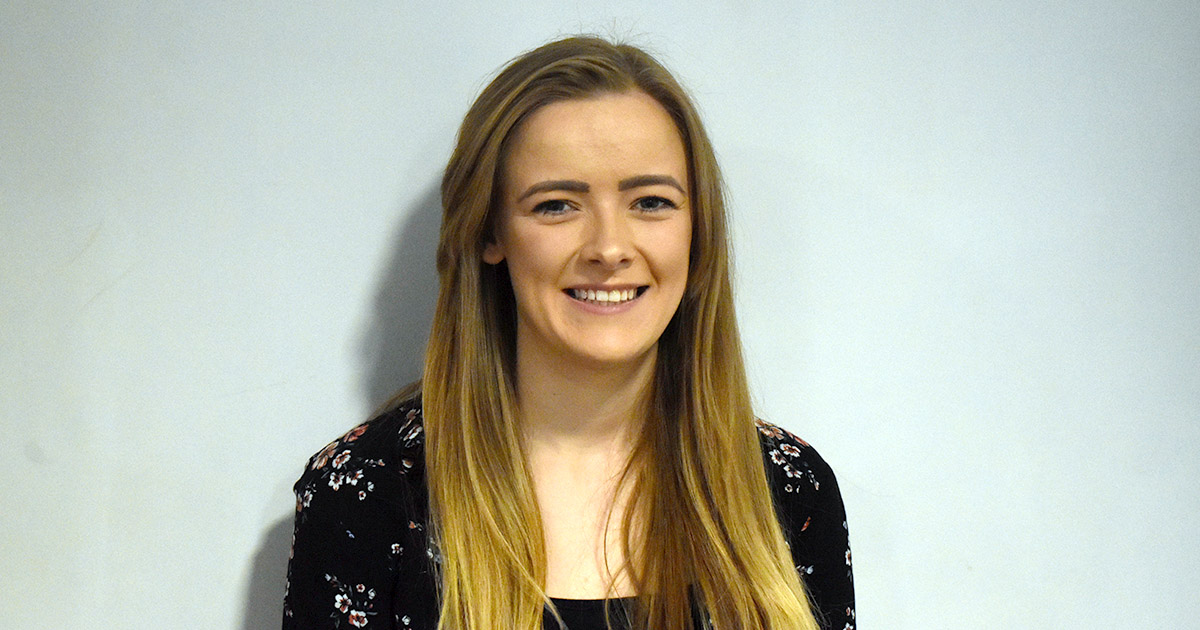In a new series of interviews we will be asking Progress foster carers why they choose to foster and why despite some challenges, fostering can bring a lot of joy.
Here’s Joanna’s story.
“You don’t help someone to get a pat on the back. My husband and I foster because we love it. Seeing a child smile because of the support we have given them makes us so happy.
For twenty-two years I was a primary school teacher, including a period where I was a foster mother in nurseries. Back in the 1980s I was also a Foster Carer but trying to devote time to three children of my own and a foster child was difficult. I’ve always felt that every child needs an equal amount of love and care and one should not be neglected over the other.
I learnt a lot working at the school. One of the biggest things being a child’s behaviour is not always down to them being unreasonable, it may be because they are not understanding their current situation or behaviour expectations. You can’t take things personally. I found that if I was able to nurture a child’s skills and behaviours things could change in a positive way.
Once I retired the idea of fostering kept coming back to me. Wherever I turned I saw fostering. Facebook, the internet, TV, it was everywhere! This was not a coincidence. I debated the pros with my husband, and we decided to go ahead and look for fostering agencies.
I first heard of Progress when I saw them at a summer carnival in Birmingham where I found the staff were friendly and open. I got to learn more about fostering and the different types of foster care we could provide. I went on to speak to another four agencies but found Progress the most professional. So, we chose them as our fostering agency.
The process of becoming a foster carer is rigorous. You have to be completely transparent as a couple and a family. My husband and I have been married for over forty years, so we took everything in our stride.
Once we were confirmed as foster carers, we decided that we wanted to provide short breaks. This type of fostering gives families or a parent without a support network a chance to recharge their batteries, especially when a child has a disability. Looking after my own grandchildren five days a week, meant we could make a realistic contribution to fostering of a weekend once a month without compromising our families or personal well-being. There is currently a huge demand for respite foster placements.
We ended up fostering two brothers. The younger boy was able to communicate but his older brother couldn’t. Of course, we were nervous when we began, however, you soon build a rapport with the children. Learning the fostering guidelines has helped as well as the support from Progress. We have taken part in a lot of training which has been essential for our development as foster carers.
The brothers are very active. We now take them swimming every month, go to parks, museums and nature trails – we have had some really great times.
We’ve also worked on how we could communicate better with the older child by restricting the amount of time he spends on his tablet (while in our care). We hoped he could join in conversations and use a visual timetable to communicate. I read stories to the boys and we play games like “I spy” in the car. One day I was reading the brothers a book and the little one was joining in. Suddenly the non-verbal older brother shouted – BOO! I nearly fell off my chair!
The children are now able to increase their vocabulary and interact with others. It’s wonderful when they tap me and try to say something or count.
Sometimes fostering can be hard. I make sure there’s enough time for me and my husband. We go for walks, spend time with my children and grandchildren and go to church too – we’re very close.
To anyone thinking of fostering I’d say having the ability to change a child’s future for the better is one of the most rewarding things you can do. Every child deserves a safe and secure family environment”.
If this story resonates with you, perhaps you could be the next carer to make a positive difference in children’s lives. Get in touch to find out more about being a foster carer.




